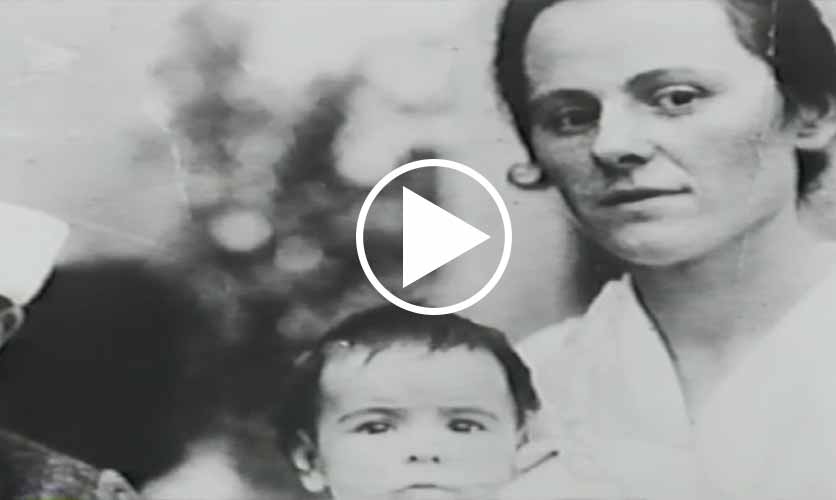Sacco-Vanzetti Trial (1921)

"If it had not been for these things, I might have lived out my life talking at street corners to scorning men. I might have died, unmarked, unknown, a failure. Now we are not a failure. This is our career and our triumph. Never in our full life could we hope to do such work for tolerance, for justice, for man's understanding of man as now we do by accident. Our words--our lives--our pains--nothing! The taking of our lives--lives of a good shoemaker and a poor fish-peddler--all! That last moment belongs to us--that agony is our triumph." [Statement attributed to Bartolomeo Vanzetti by Philip D. Stong, a reporter for the North American Newspaper Alliance who visited Vanzetti in prison in May of 1927 shortly before he and Sacco were executed.]
- Sacco and Vanzetti: for a generation of Americans, the names of the two Italian anarchists are forever linked. Questions surrounding their 1921 trial for the murders of a paymaster and his guard bitterly divided a nation. As the two convicted men and their supporters struggled on through appellate courts and clemency petitions to avoid the electric chair, public interest in their case continued to grow. As the end drew near, in August 1927, hundreds of thousands of people--from Boston and New York to London and Buenos Aires--took to the streets in protest of what they perceived to be a massive miscarriage of justice.
From the time of their conviction until decades after their deaths, people lined up in one of two camps: one camp of those believing that Sacco and Vanzetti were the innocent victims of political and economic interests determined to send a message about the rising tide of anarchist violence and another camp of those believing that the trial was fair and that the two murderers got what they deserved. A third possibility, that one of the two men might have been guilty and the other innocent, received little or no attention until a ballistics test in 1961 provided strong evidence that Sacco did indeed fire a fatal bullet on that April day long ago in South Braintree, Massachusetts...."Continued

